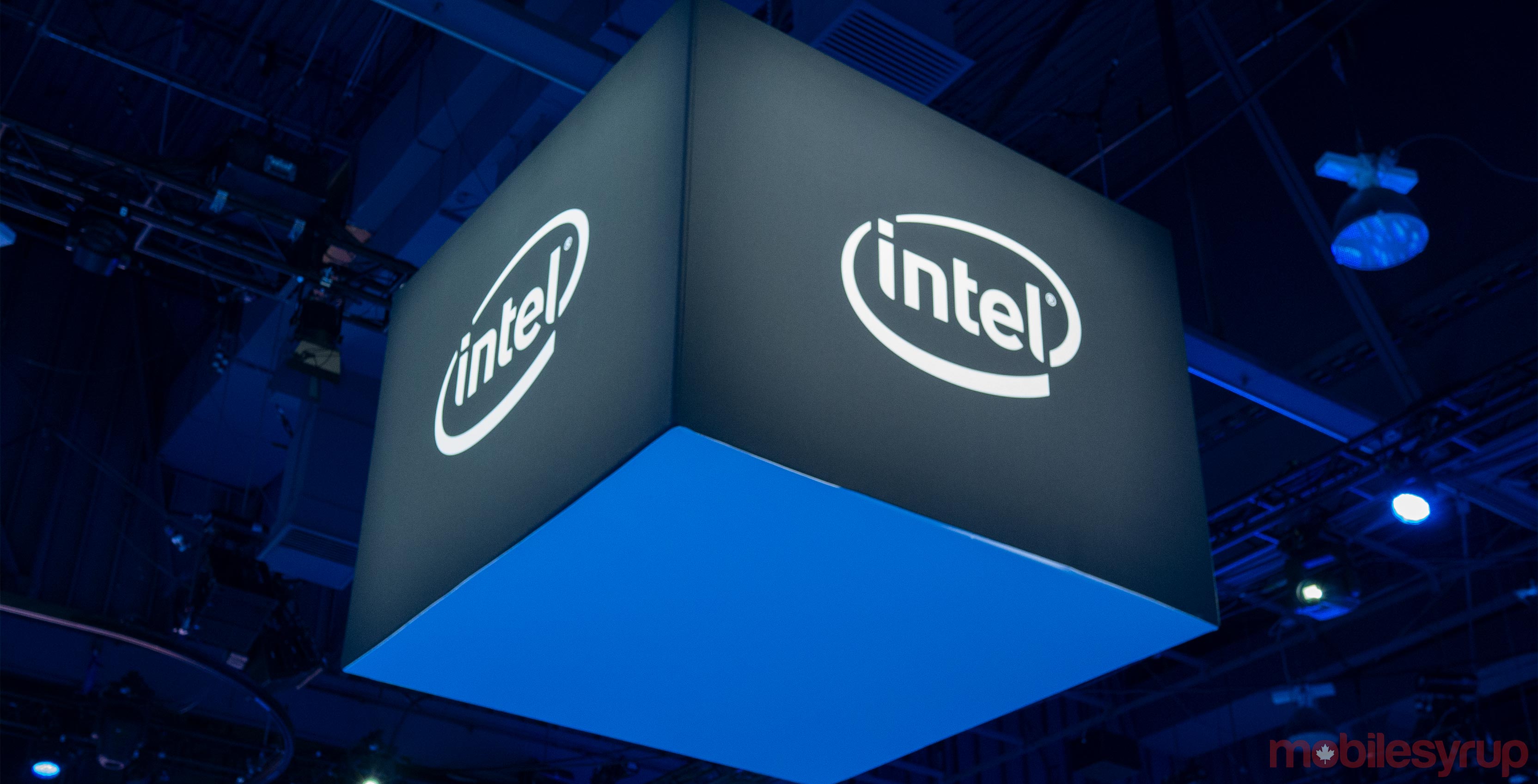
Intel reaffirmed its presence in the 5G market at Mobile World Congress this year with the announcement of new products and partnerships.
Among these announcements includes a partnership with Ericsson, as well as new modems and cloud services designed for telecommunication corporations.
To start, Ericsson will be using Intel’s Snow Ridge silicon to help the smartphone maker transition to 5G with its phones.
The Snow Ridge is Intel’s system-on-chip (S0C) for wireless base stations. The company expects to start production on the chip in the second half of this year.
There will also be a new SoC code-named Hewitt Lake, which aims to provide power-efficient computing with improved security and storage. This normally limits a chip as the trade-off is either less power-usage or less storage.
Intel is also launching its new ‘Programmed Acceleration Card,’ called the N3000. The card is built to handle 5G network infrastructure. The N3000 is expected to be delivered in Q3 2019.
The company will also provide cloud service to telecommunications providers with the launch of the next Intel Scalable platform, which is due to come soon.
The cloud service will give providers improved data centre optimization, better environments to meet computing growth, increased storage and artificial intelligence demands.
The last announcement the company made was its partnership with Skyworks, as both companies improve on multimode 5G radio frequency for Intel’s XMM 8160 5G modem.
Intel says that its XMM 8160 platform will be ‘highly scalable and targeted to all tiers and market verticals,’ covering a wide range of support from mobile, automotive, wearables and more. The XMM 8160 aims to be available in Q1 of 2020.
In December 2018, a Deloitte report projected that at the end of 2019, 25 operators around the world will launch 5G services and 20 phone providers will have products supporting 5G.
Huawei is currently working with Canadian telecommunications providers, with Deloitte stating that the current situation with the Chinese-based company will not affect 5G’s rollout.
Huawei is heavily invested in helping Bell and Telus build out 5G infrastructure, though it remains unclear exactly how far along these efforts are. Rogers, on the other hand, is working with Ericsson on its multi-year 5G plan.
Source: Intel
MobileSyrup may earn a commission from purchases made via our links, which helps fund the journalism we provide free on our website. These links do not influence our editorial content. Support us here.


